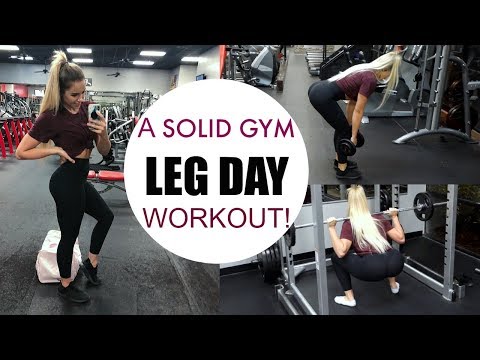
Subscribe to Cycling Weekly here:
Strength training is now a mainstay of the pro peloton, but is hitting the gym worth the time investment for an amateur racer? Dr Oliver Bridgewood embarks on an eight-week weights programme to find out.
As cyclists we are always looking for new ways to get faster, and one widely hyped method is to hit the gym to develop more strength. But the reason I’m a cyclist is because I love riding my bike; I don’t want to spend hours posing and preening with the gym narcissists (my take on it, forgive me if I’m wrong) unless it really will improve my cycling. And that was my starting point.
I decided to do an experiment. I would put myself through a structured eight-week, cycling-specific gym programme to see if it could make me faster and improve my race results. Of course, for professionals like Bradley Wiggins, who have 18 hours or more per week to train under the guidance of coaches and nutritionists, the inclusion of weight training is naturally beneficial.
However, most of us (me included) do not have anywhere near that much time, nor as many resources. To provide some context: I spend eight to 12 hours per week on the bike, hold a second-cat licence and have a 10-mile TT PB of 19:35.
I’d never before done any serious weight training, and when it comes to sprinting I am about as good at blasting out explosive power as Gregg Wallace is at dodging the dessert trolley. Given my limited training hours, would it be worth my while using up a chunk of that precious time on weight training?
I wanted to find out for sure so I enlisted the help of Martin Evans, head strength and conditioning coach for British Cycling. If he couldn’t help me, no one could. Evans has worked with elite cyclists who, like me, have been riding for years but have never done any strength work.
In light of my previous gym experience (next to nil) and my skinny upper body, Evans prescribed machine-based exercises. “Machines don’t require much skill and can therefore be loaded quite quickly and safely to get the changes in muscle performance.”
Longer term, I would aim to do dynamic free weight exercises, as, according to Evans, “they will give a better return.” He was keen to stress that free weights should be used only “if you can perform the fundamental movements well and have prior experience,” adding that athletes “shouldn’t do exercises that they are not conditioned to perform. People get injured because they overload themselves doing squats and end up with knee or back problems that could have been avoided.”
Read more at
More at:
Cycling Weekly:
Facebook:
Instagram:
Google+:
Twitter: y






